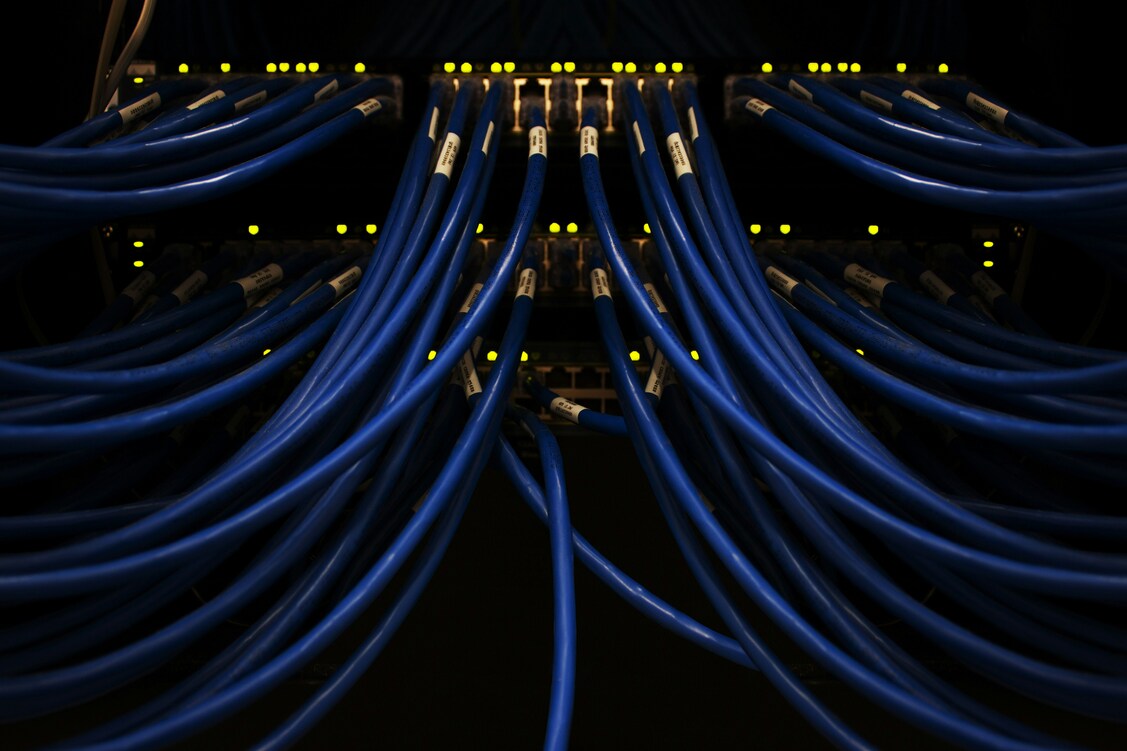AdGuard's statement in response to the Quad9 injunction
Hamburg Germany court (310 O 99/21) has recently sent a notice to Quad9 (a standard recursive DNS resolver) demanding to stop resolving certain domains for all residents in Germany on request from Sony Music GmbH. According to Sony, those domains in question are infringing on properties that they claim are covered by their copyrights. You can find more details in this article on the Quad9 website. We at AdGuard are deeply concerned by this court decision and see it as a very dangerous precedent.
Read our Knowledge base article if you want to better understand the terms "DNS" and "DNS resolver".
Our response
DNS providers (such as Quad9 or AdGuard DNS) at their core are merely commercial intermediaries between their customers and various resources on the Internet. They do not provide Internet access per se, they offer their services so that users could access content faster and safer. It is preposterous to require from an intermediary to play the role of the web police and make sure third parties do not break the copyright law. After the creation of such precedent, it's not far-fetched to imagine that similar court rulings will be made in regard not just to other DNS resolvers, but to other digital intermediaries: browsers, antiviruses, VPNs, and so on. It goes without saying that this will result in utter chaos very soon.
Some make an argument that many DNS resolvers have their own blocklists, so that's not any different. While this is partly true, and some DNS providers (including AdGuard) offer server configurations that block certain domains (usually phishing/malware/ad ones), this argument doesn't stand up to any criticism. Firstly, most, if not all, of such DNS providers offer non-filtering configurations as well, so their customers are never in a position where they can't access a website which they would otherwise be able to reach. But more importantly, all DNS resolvers are commercial products which compete with each other. Users choose between them based on performance and other metrics, not on the fact that one resolver is legally obligated to block a particular domain while others are not.
Aside from these considerations, there are many other potential consequences which may have a devastating effect on the Internet as we know it.
-
The effect on the DNS resolvers may be catastrofic: it would require additional spendings to enforce the law for the citizens of a particular country. The spendings will only grow as more and more similar court rulings are handed out (which without a doubt will come eventually). It will become near impossible to uphold a DNS service, and all small DNS resolvers will vanish.
-
This will open the door to potential abuse. Surely some will try to use such court decisions in their own interests, to gain advantage over competitors or to otherwise make a profit by blocking certain websites.
-
Even if we ignore all consequences, it's technically impossible for a DNS resolver to restrict access to a certain web resource without blocking the entire domain where that resource is located. As the result, a huge chunk of the Internet will potentially become unavailable (e.g., the entire drive.google.com domain getting blocked because of one copyright-infringing material on someone's Google drive).
We are against censorship. Intellectual property is a serious matter, and by all means it must be protected, but DNS resolvers are not the ones who should be responsible for that.
We express our support to Quad9 in their legal fight against what we consider an incorrect and dangerous claim. This concerns not just them, and not just DNS providers, but everyone who cares about free Internet.








